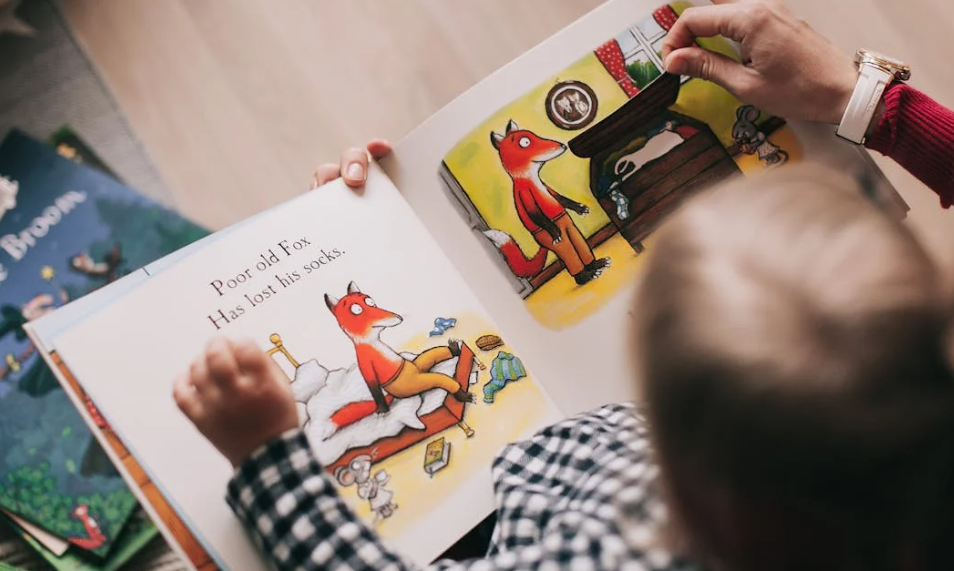Equally important is engaging in meaningful everyday conversations. By discussing your thoughts clearly and introducing new vocabulary naturally during these exchanges, you provide a model for effective communication
Nurturing a child’s vocabulary is one of the most valuable gifts a parent can offer, setting the stage for lifelong learning and effective communication. Reading together daily is a powerful starting point, transforming story time into an opportunity for exploration and connection. When you choose age-appropriate books rich with diverse themes and vibrant language, every page becomes a portal to new words and ideas. As you read, pausing to discuss unfamiliar terms and their meanings not only deepens comprehension but also instills a love for literature that can last a lifetime.
Equally important is engaging in meaningful everyday conversations. By discussing your thoughts clearly and introducing new vocabulary naturally during these exchanges, you provide a model for effective communication. Encouraging your child to express their ideas, ask questions, and share opinions helps them understand how words function in real-life settings.

This practice reinforces their ability to articulate thoughts and build confidence in their language skills. Integrating fun word games into your routine offers another enjoyable avenue for vocabulary development. Games like Scrabble, Boggle, and crossword puzzles turn language learning into an interactive challenge, sparking curiosity and reinforcing correct spelling. These playful activities make the process of discovering and mastering new words an adventure rather than a chore.
Exposure to a variety of media also plays a crucial role. Educational shows, podcasts, and storytelling sessions present language in a dynamic format, introducing your child to new concepts and the context in which specific words are used. After watching or listening, discussing the content helps to cement the new vocabulary, turning passive exposure into active learning.
Finally, establishing a “word of the day” routine adds an element of excitement and consistency. By selecting a new word each day and encouraging your child to use it in sentences, you create a fun, daily challenge that rewards curiosity and effort. Small incentives or praise for using the word correctly can further motivate them to embrace this habit.

By combining these methods—daily reading, meaningful conversation, interactive games, diverse media exposure, and a consistent “word of the day” practice—you create a rich linguistic environment that not only enhances vocabulary but also fosters critical thinking and creativity. This multifaceted approach ensures that children are well-equipped to communicate effectively and succeed in every aspect of life.










